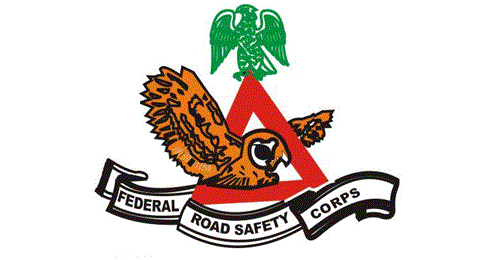
The Federal Road Safety Corps (FRSC), has identified illiteracy and impatience by riders as the major causes of motorcycle and tricycle accidents in the Federal Capital Territory (FCT). The FRSC Sector Commander in the FCT, Mr Samuel Ochi concluded on Tuesday in Abuja that Okada and Keke NAPEP riders had low level of education. According […]

The Federal Road Safety Corps (FRSC), has identified illiteracy and impatience by riders as the major causes of motorcycle and tricycle accidents in the Federal Capital Territory (FCT).
The FRSC Sector Commander in the FCT, Mr Samuel Ochi concluded on Tuesday in Abuja that Okada and Keke NAPEP riders had low level of education.
According to Ochi, the riders have little knowledge of road code.
He, however, said that the corps would address road crashes involving tricycles and motorcycles from “different dimensions’’.
Ochi said that although they were supposed to operate at the outskirts, many of them had moved into the city centre, causing accidents because of their recklessness.
“Their level of education is low. We are trying to come down to their level and inculcate some etiquettes of road use in them.
“There is the need for us to come down to their level and educate them on road use so that they can get familiar with what they need to do to avoid road crashes.
“If you go to the outskirts where we have them, you will notice that many of them are very impatient. They do not obey simple road traffic regulations.
“They believe to a large extent that they are the only road users. So, we are making arrangements on how to enlighten them.
“We have been working closely with their unions to inculcate road etiquettes in them,’’ Ochi said.
The sector commander stressed that the recklessness of the riders on the expressway called for a need to enlighten them.
“We also realise that in years past, there was this arrangement where their unions were very strong.
“Before now, they regulated themselves but they have segmented their unions to the extent that we find it difficult to know who is in charge.
“We also want to see the possibility of getting other relevant agencies of government to regularise them.
“This is important so that probably where the union members are segmented in such a way that we do not have a central point where we can address their issues, the other agencies can come in.’’




